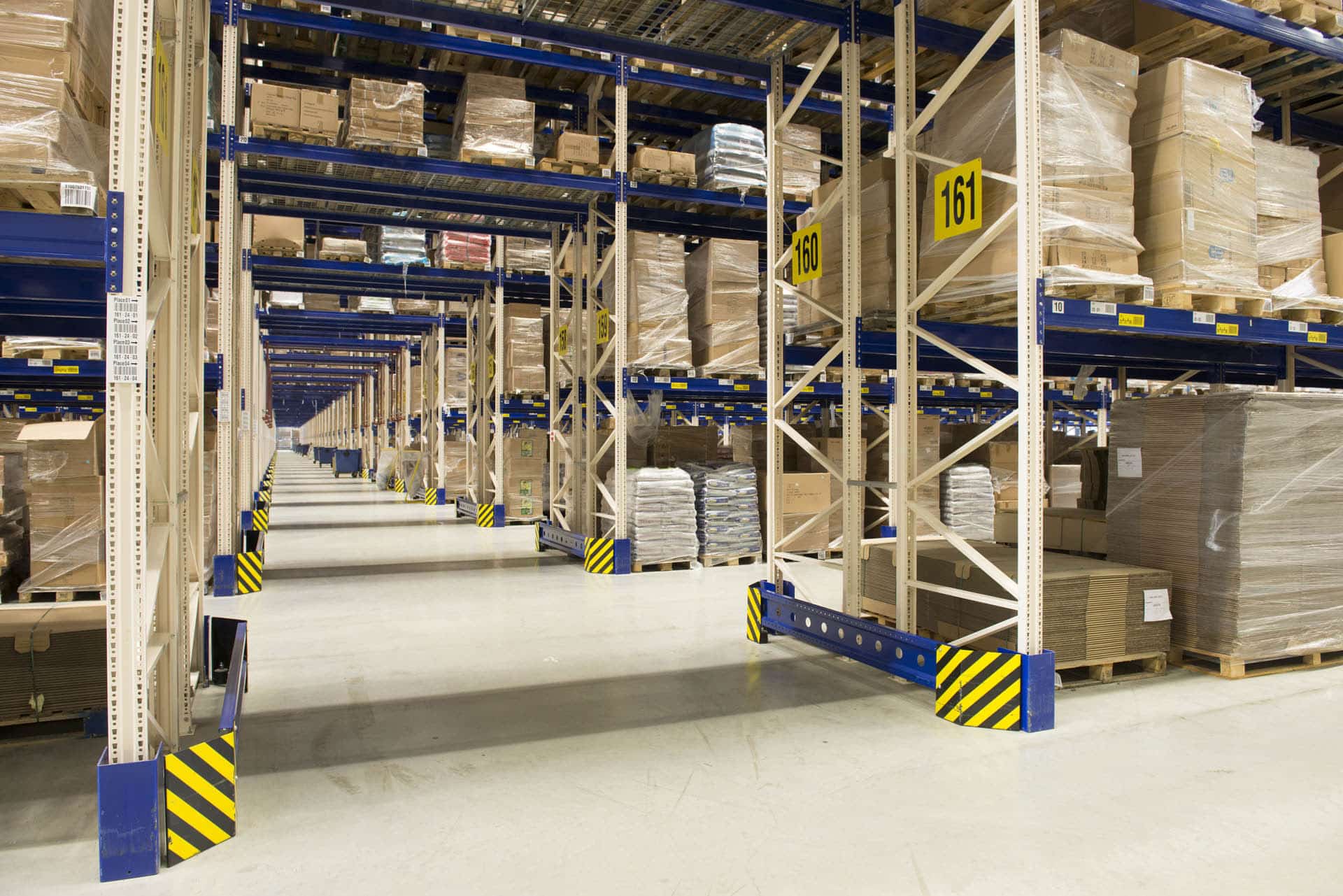Ongoing work on the reform of the Customs Union has led to yet another conflict – this time the issue involves the topic of temporary warehousing at the EU borders. The draft bill includes a proposal to reduce the temporary storage period for goods from the current 90 days to just a few.
“Both freight companies, operators and customs representatives are protesting this matter. Such a short period could cause problems with customs handling of these goods,” says Joanna Porath, owner of the customs agency AC Porath.
- A legislative process is underway in the EU that is expected to result in a long-planned reform of the Customs Union;
- A heated debate in the European Parliament was sparked by the proposal to reduce the temporary storage period for goods;
- The TSL industry is hoping that the final regulations will include a provision allowing storage for up to 90 days.
Dispatchers, carriers, representatives of customs agencies have raised their concerns about the proposed changes in the regulations, namely the reduction of the temporary storage period for goods from the current 90 days to just a few days. A group of European Parliament members supported them, proposing to restore the 90-day temporary storage period for goods at border points. A preliminary compromise was accepted at a meeting of the Internal Market and Consumer Protection Committee (IMCO), and now the changes must be included in the final legislation. The European Parliament is set to debate this issue in March.
“Goods from outside the EU brought to its territory are temporarily stored under the supervision of customs authorities. Temporary storage usually ends when the goods are subjected to a customs procedure in the EU, most often release for circulation, transit, re-export or storage in a customs warehouse or in a Free Customs Zone,” explains Joanna Porath, owner of the customs agency AC Porath.
Currently, this must take place within 90 days of the deposit of the goods. Shortening the temporary storage period could cause problems with customs handling of these goods.
“The previous 90-day period for temporary storage gave all parties in the logistics chain time to properly collect, prepare and process the necessary documents and data for proper customs declaration or a decision on further disposition of the goods,” adds Joanna Porath.
As ESPO (The European Sea Ports Organisation) emphasizes, “Temporary storage for a period of 90 days plays a crucial role in ensuring smooth cargo flow through ports, especially in situations when other elements of the logistics chain do not provide the necessary data in time for customs procedures.” Therefore, temporary storage is also crucial for transshipment operations in hubs.
